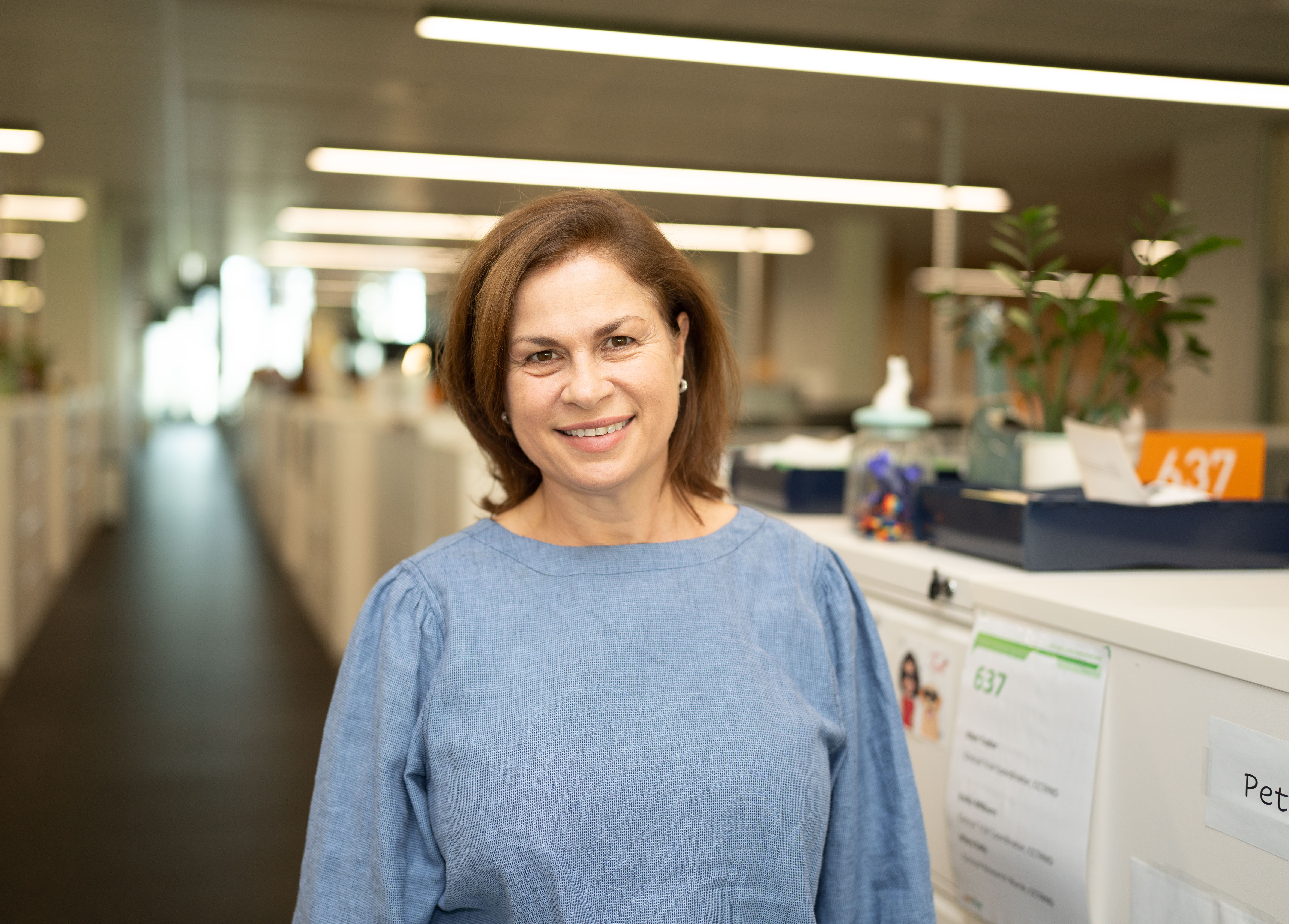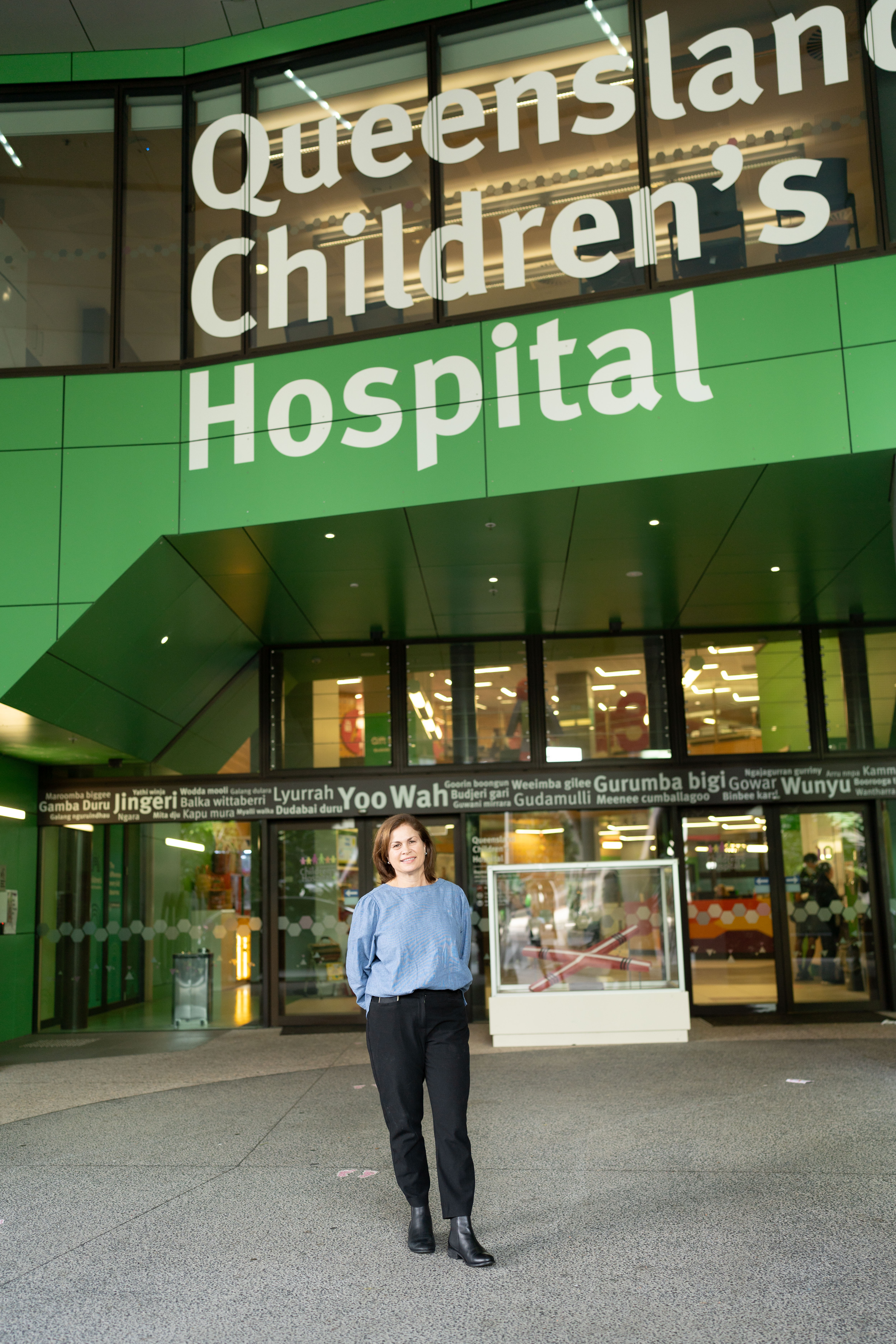National Cancer Survivors Month: The clinical researcher putting stock in better outcomes

June is National Cancer Survivors Month, a month-long event that seeks to honour and acknowledge the journey of individuals who have survived cancer.
For a childhood cancer patient, survivorship – the period that follows remission – can quite often be daunting, challenging and in some cases, unbearable. Chemotherapy and radiation often leave their mark in ways initially unknown, rearing their heads as late effects further down the track.
Some of these are psychological and emotional, while others, like secondary cancers, can be fatal. It’s why The Kids’ Cancer Project is intent on funding survivorship programs that ensure that childhood cancer patients thrive post treatments, much like Dr Natalie Bradford’s ‘RECOVER’ program, developed throughout Dr Bradford's 15 years at the bedside as a paediatric cancer nurse.
Receiving a three-year funding commitment for the program from The Kids’ Cancer Project in 2023, the QUT-based researcher is determined to equip kids and young adults with the information required to address impacts of treatment, including pain, depression and fatigue earlier.

“The reason I wanted to look at research as a pathway to improving outcomes for kids with cancer was that I saw so many of them go through such arduous treatment, but their challenges would only continue from there,” she says.
“Late effects can impact a child for the rest of their life.”
The RECOVER program covers all impacts of harsh treatment, including physical, psychological factors. Its immediate intervention seeks to bridge the gap between remission and survivorship.
“Survivorship programs are critical once treatment has finished. Typically, they start five years post-treatment, but we wanted to see if there was any benefit to beginning immediately,” Dr Bradford says.
“Without support in those five years between treatment and survivorship, young people tell us that they become quite deconditioned and the need to exercise and look after their nutrition and rebuild relationships can become quite difficult.
"RECOVER focuses on addressing those needs while also monitoring their physical health and making sure the cancer stays away.”
Fitness and exercise are key components of RECOVER. Dr Bradford likens fitness to a pill, and says that everyone would be prescribed it, if it were available in tablet form —because its benefits are so wide-ranging, powerful, and proven.
The fitness prescription Dr Bradford speaks of extends to all people, not just cancer survivors.
“We encourage each of the kids on the RECOVER program to exercise, given its effectiveness in managing pain and fatigue, as well as providing mental health benefits,” she says.
“It can be a really important part of recovery. We’ll soon be starting a program focusing on physical activity, which we’ll be testing in a trial. At the end of treatment, we’ll recruit young people to participate in a tailored physical activity program.
Our official Better Challenge Research Ambassador, Dr Bradford has issued a call to action to Australians to sign up to the challenge, taking on 90km in 30 days for the 90 Aussie kids diagnosed with cancer each month, all while raising money for vital kids’ cancer research programs like RECOVER.
“The benefits of the Better Challenge are clear. Committing to walk or run three kilometres a day during Childhood Cancer Awareness Month is a small act that can make a huge difference in the lives of young people.
“By raising awareness and funds for more research, we can help young cancer survivors reach their full potential.”
By signing up to The Kids’ Cancer Project’s Better Challenge, you're helping the 90 kids diagnosed with cancer each month by taking on 90km throughout September and raising vital funds to ensure better treatments, better outcomes and better cancer care.

